The UN Security Council on Friday welcomed the extension of the UN-brokered truce in war-torn Yemen, which began on April 2.
According to a press statement, the members of the Security Council welcomed the extension of the truce, while reiterating their appreciation for the measures taken by the parties to uphold the truce, which "has led to real and tangible benefits" for the Yemeni people, including a significant reduction in civilian casualties.
UN special envoy for Yemen Hans Grundberg announced on Thursday that Yemen's warring parties had agreed to extend the ongoing truce for another two months.
In particular, they welcomed the government of Yemen's flexibility in enabling the entry of fuel ships into Hodeidah and enabling flights between Sanaa and Amman and Sanaa and Cairo, and commended the support of regional partners, the statement said.
The members of the council expressed the hope that "a strengthened truce could be translated into a durable ceasefire and an inclusive, comprehensive political settlement," under the auspices of the UN.
"They encouraged the Yemeni parties to continue their engagement with the UN special envoy and to negotiate and communicate with each other with a spirit of mutual respect and reconciliation," according to the statement.
The members of the council also reiterated their deep concern about the risk of famine and encouraged donors to fully fund the UN humanitarian response plan. They underlined the need to have an inclusive, comprehensive political settlement, to address the humanitarian and economic crises, and to protect civilians.
Under the UN auspices, Yemen's warring parties entered a two-month cease-fire on April 2, which includes allowing commercial flights to and from Houthi-held Sanaa and the entry of fuel ships into the Houthi-held port of Hodeidah, and lifting the siege of the government-held Taiz city.
Yemen fell into in a civil war in late 2014 when the Iran-backed Houthi militia seized control of several northern provinces and forced the Saudi-backed Yemeni government out of the capital Sanaa.
The war has killed tens of thousands of people, displaced 4 million, and pushed the country to the brink of starvation.








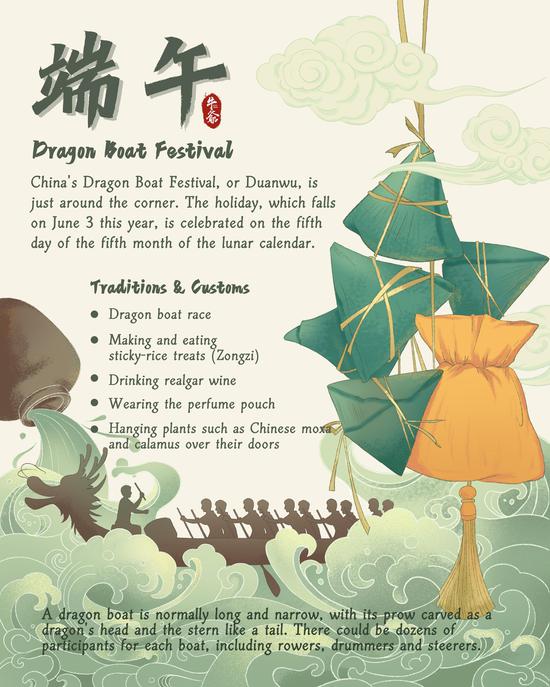
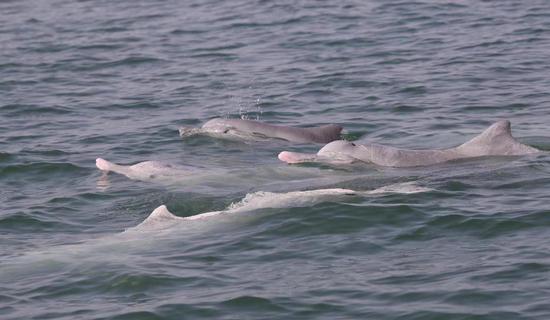
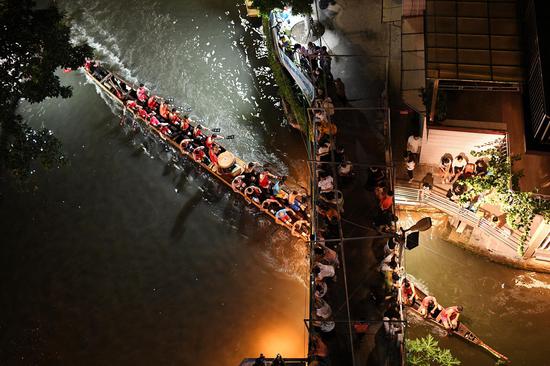
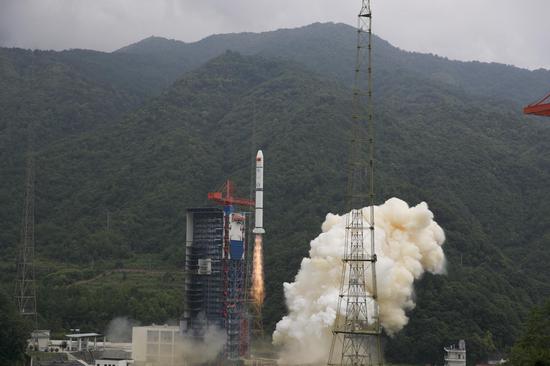


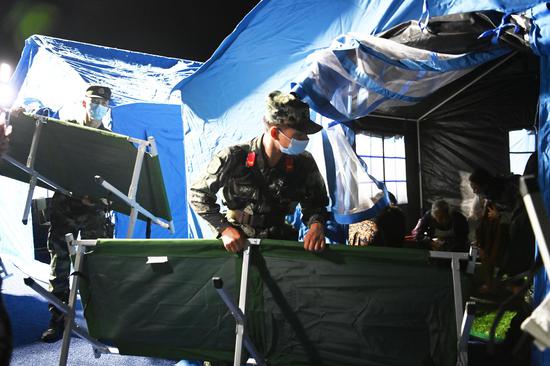
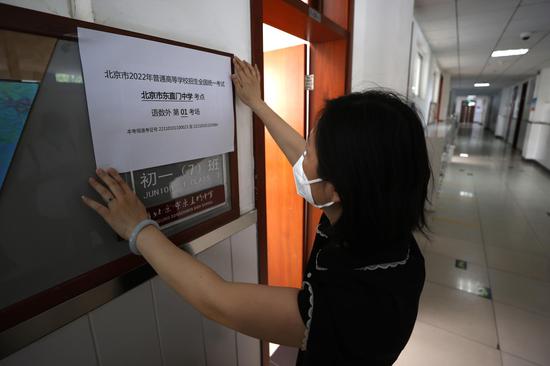
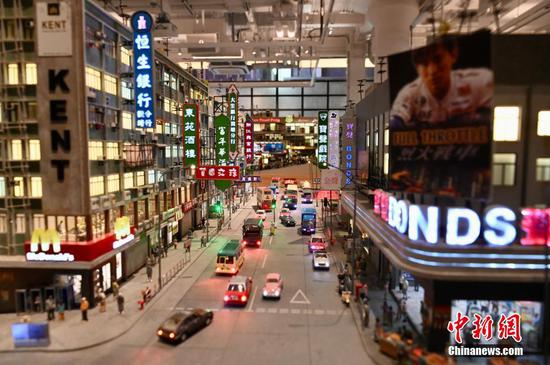

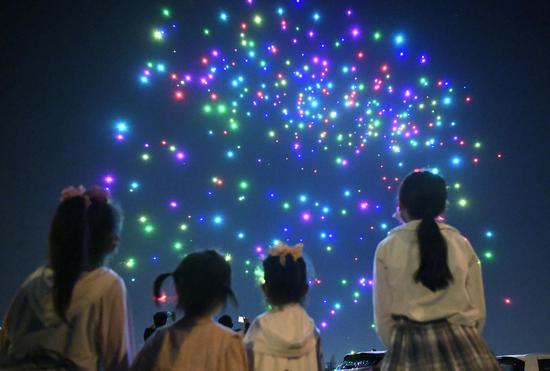
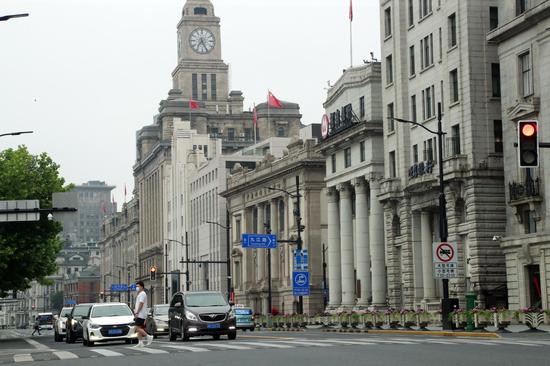


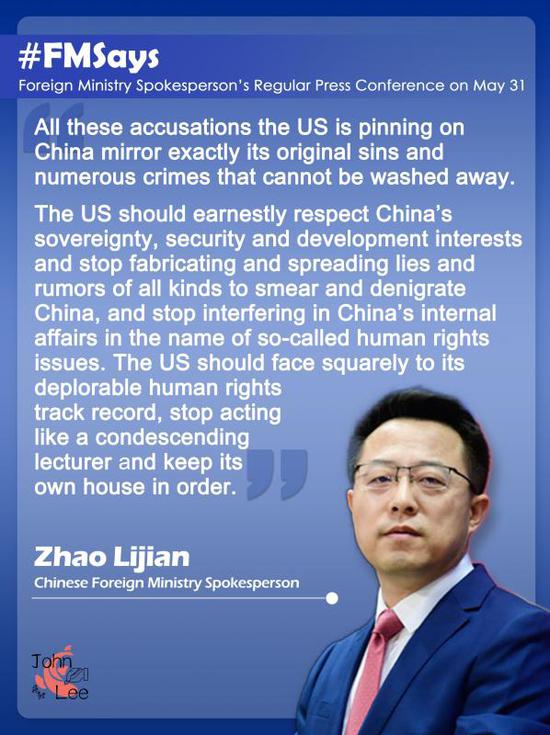
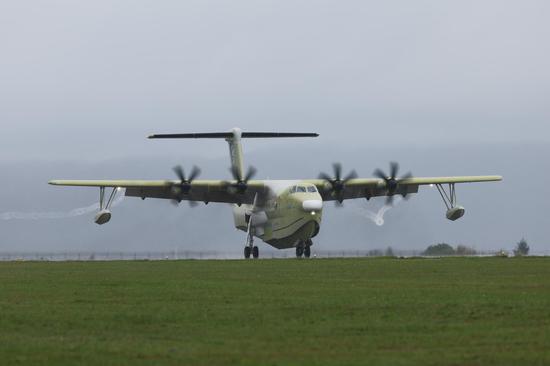
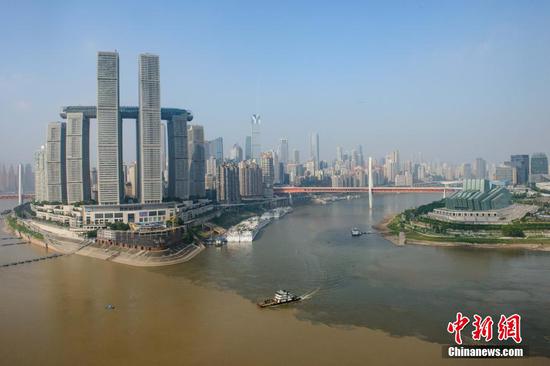
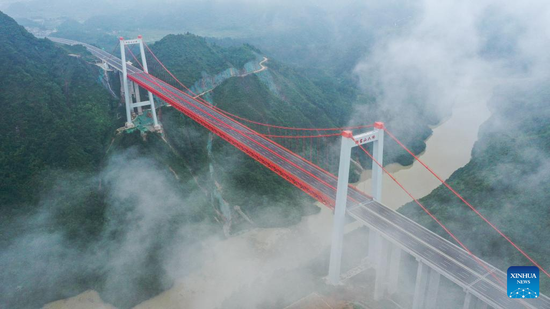

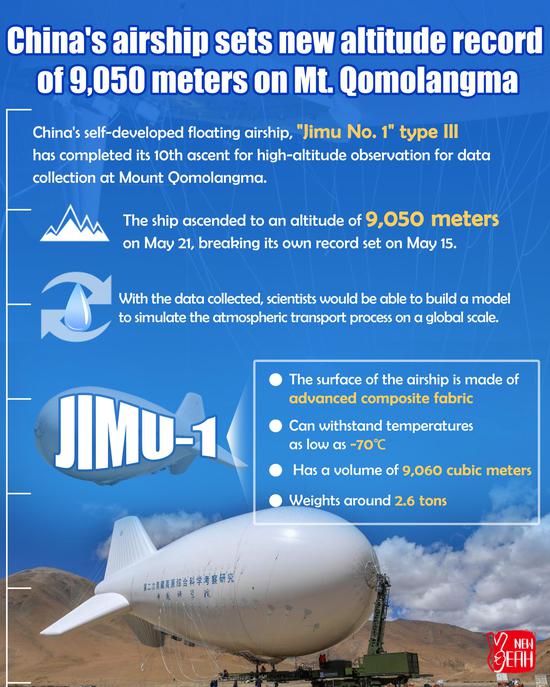
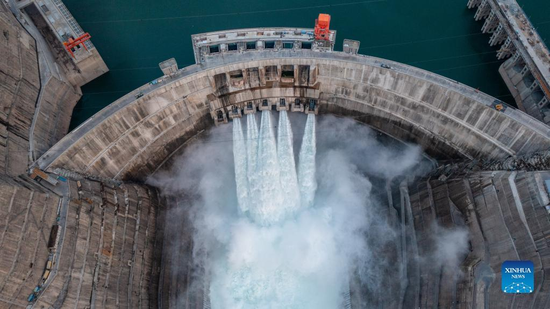
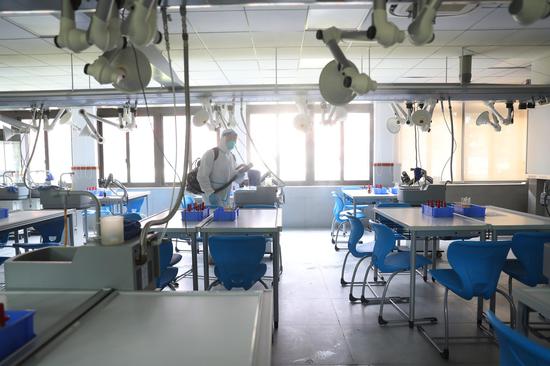
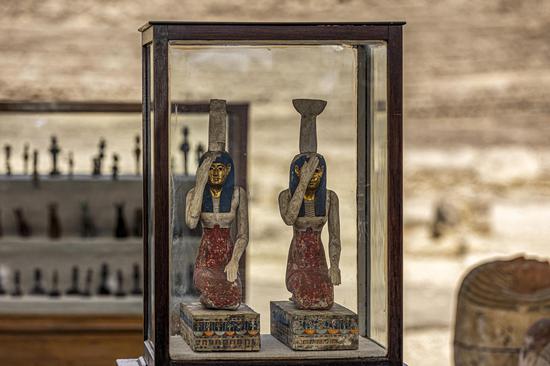


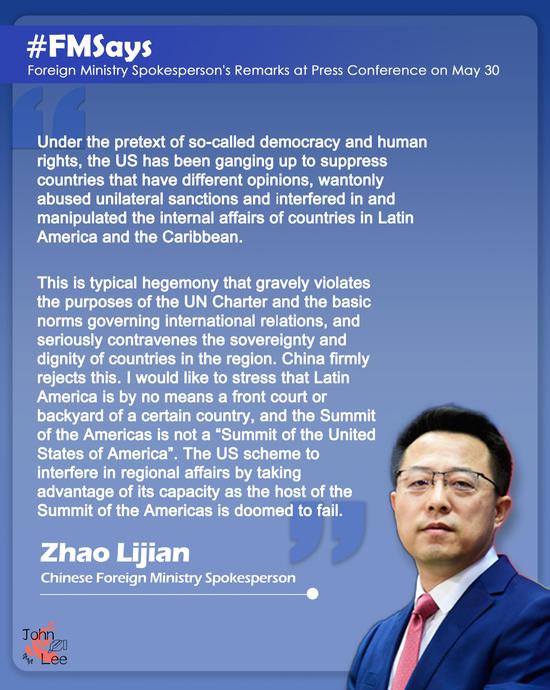
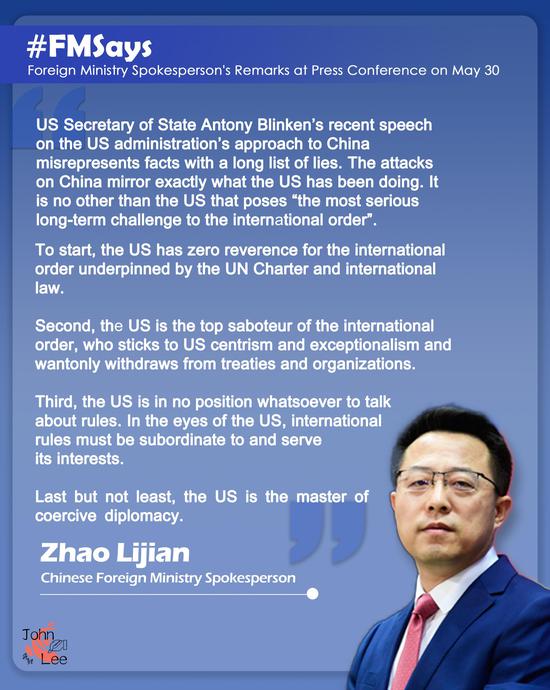
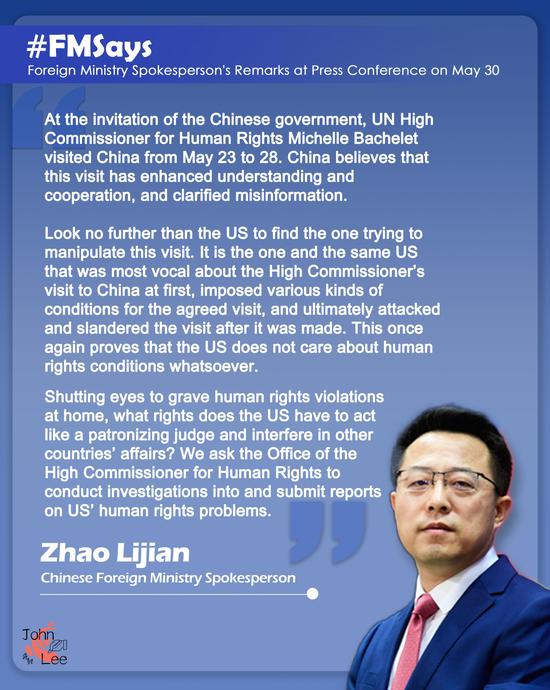


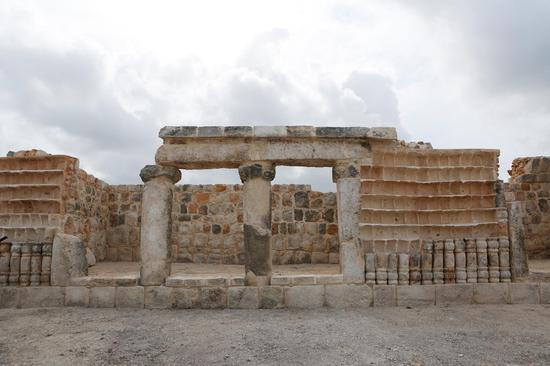
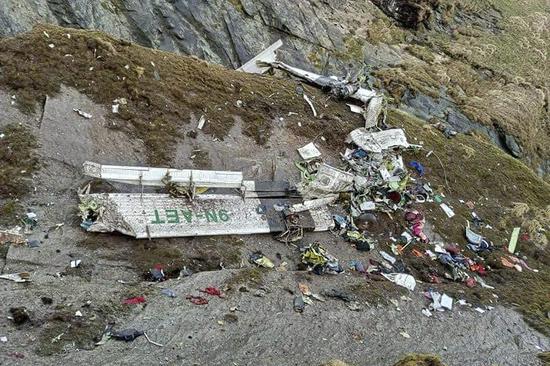
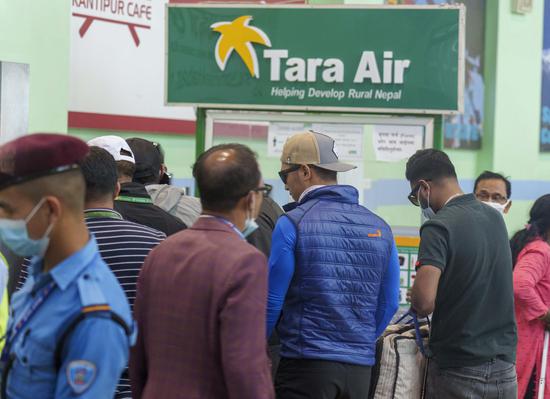
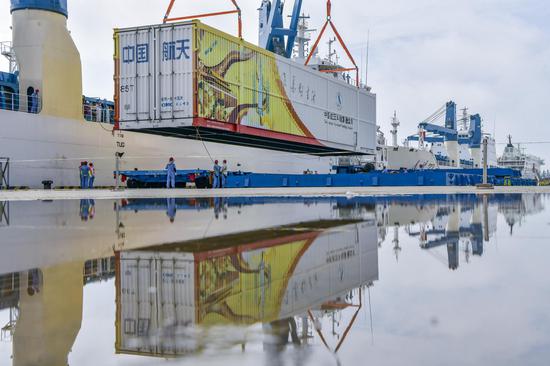








 京公网安备 11010202009201号
京公网安备 11010202009201号